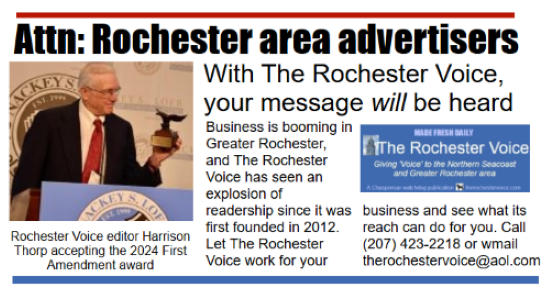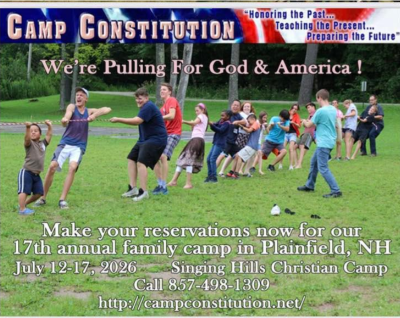
ROCHESTER - Only a handful of residents spoke Tuesday during a public hearing on Keno gambling, most of them against the kindergarten-funding electronic gambling game played in 16 states, including neighboring Massachusetts.
"Keno is impulsive," said Rochester resident Lou Archambault, adding it was just like scratch tickets and a dangerous, repetitive allure for anyone with a gambling addiction.
The Keno system draws 20 numbers from a field of 80 numbers every four minutes.
Players select from 1 to 12 numbers or "spots" for each game. A computer then randomly chooses 20 winning numbers from 1 to 80 and displays them on a Keno monitor.
In New Hampshire the game would be available at licensed bars and taverns from 11 a.m. to 11 p.m.
Keno opponents also said Keno - and lottery games in general - prey on the poor who are seeking an escape from poverty that is very unlikely to be successful.
The recently passed Keno for kindergarten bill gives cities and towns across New Hampshire the right to allow Keno gambling with all profits from the game deposited in the education trust fund in order to provide grants to full-time kindergarten students.
Greg DeNoble of Chesley Hill Road urged caution getting on the Keno bandwagon.
"We need more time and study," he said.
Kelly Cleland of the New Hampshire Lottery Commission told the public hearing audience and City Council members that Keno would return some $9 million to state education coffers.
She said establishments that carry the game would pay a $500 license fee and would be paid an 8 percent commission rate on all Keno sales.
Cleland also estimated about $1,100 would be offered in assistance to each kindergarten students through the education trust fund.
She also noted that Massachusetts, which has been offering Keno for more than 20 years, brought in about $990 million last year, with about 2.5 percent of that money coming from New Hampshire residents that drove south to play at bars and taverns in the Bay State.
Rochester's City Council will vote on putting a Keno question on the November ballot at their first meeting in September.
Rochester Mayor Caroline McCarley said the city will hold another public hearing on Keno between then and voting day if the City Council approves the Keno ballot question.













